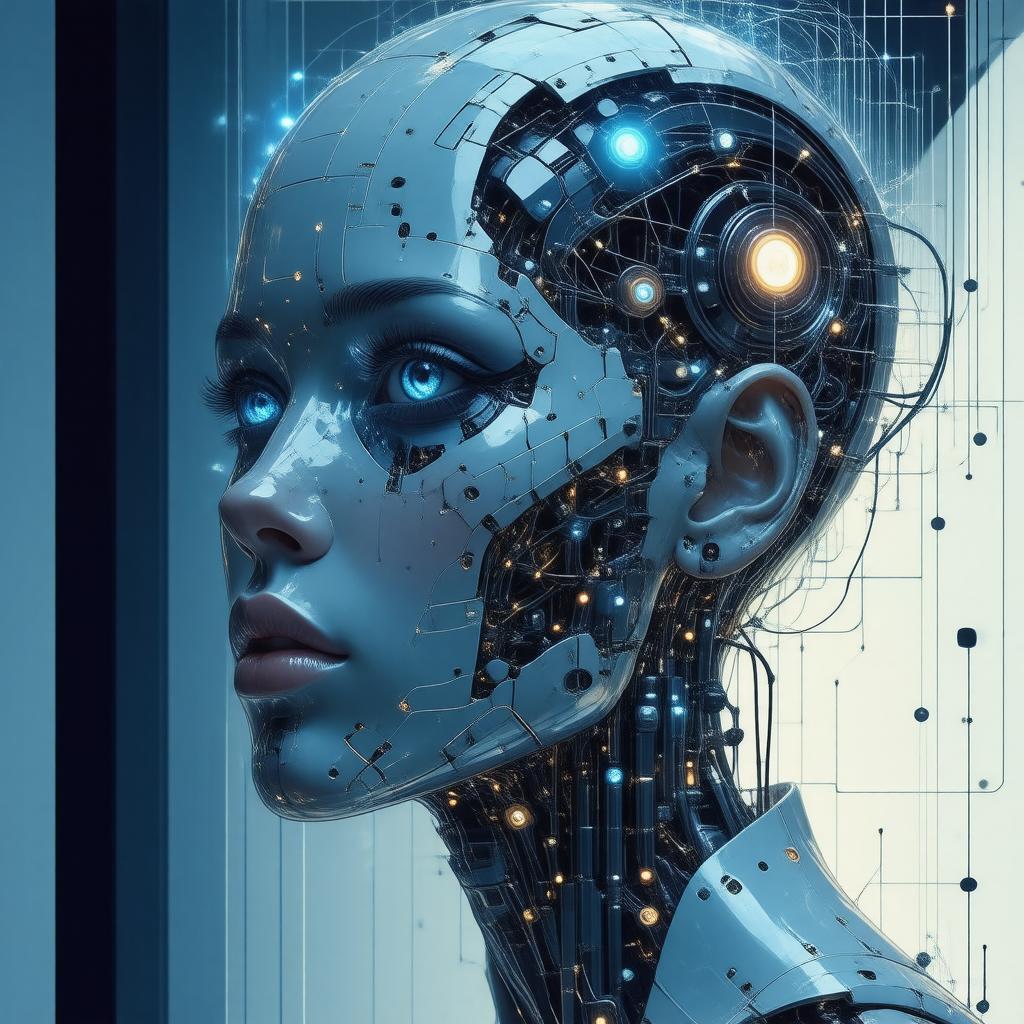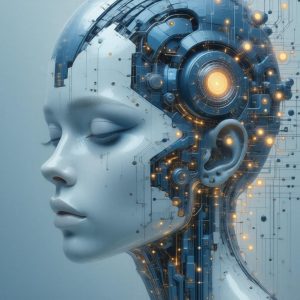An intelligent agent is a system or program designed to perceive its environment and take actions that help it achieve specific goals – much like how a smart thermostat monitors room temperature and adjusts heating or cooling to maintain comfort.
Understanding Intelligent Agents
Think of an intelligent agent as a digital assistant that can sense what’s happening around it, process that information, and then make decisions to accomplish its tasks. These agents operate using a basic principle: they observe, think, and act.
Key Components of Intelligent Agents
• Sensors: To gather information from the environment
• Knowledge base: Stored information and rules
• Processing unit: For decision-making
• Actuators: Tools to perform actions in the environment
Real-World Examples
Smart Home Assistants
Amazon’s Alexa serves as a perfect example of an intelligent agent. It listens to voice commands (sensing), processes the request (thinking), and performs actions like playing music or adjusting smart home devices (acting). The system continuously learns from interactions to improve its responses and better serve user needs.
Autonomous Vehicles
Self-driving cars represent complex intelligent agents that:
• Use cameras and sensors to monitor road conditions
• Process traffic patterns and obstacles in real-time
• Make split-second decisions about steering, braking, and acceleration
• Learn from experience to improve driving performance
Trading Bots
Financial markets utilize intelligent agents in the form of automated trading systems. These bots analyze market data, identify patterns, and execute trades based on predetermined criteria, often performing thousands of transactions per second with greater efficiency than human traders.
Practical Applications
The versatility of intelligent agents extends across numerous industries:
• Customer service chatbots
• Manufacturing robots
• Agricultural monitoring systems
• Medical diagnosis assistants
• Email spam filters
Benefits and Limitations
Intelligent agents offer significant advantages, including 24/7 operation, consistent performance, and the ability to process vast amounts of data quickly. However, they also face limitations such as:
• Difficulty handling unexpected situations
• Potential for errors in complex decision-making
• Need for regular updates and maintenance
• Security vulnerabilities
Future Developments
As artificial intelligence and machine learning continue to advance, intelligent agents are becoming increasingly sophisticated. We’re seeing emergence of agents that can:
• Collaborate with other agents to solve complex problems
• Adapt to changing environments more effectively
• Learn from experiences without explicit programming
• Understand and respond to human emotions
Impact on Daily Life
Intelligent agents are quietly revolutionizing how we live and work. From suggesting products while we shop online to optimizing our daily commute routes, these systems are becoming integral to modern life. They’re making our homes smarter, our work more efficient, and our devices more responsive to our needs.
Getting Started with Intelligent Agents
For those interested in exploring intelligent agents, several entry points exist:
• Smart home devices like Google Home or Amazon Echo
• Simple programming projects using frameworks like TensorFlow
• Educational robots designed for learning
• Open-source AI platforms for experimentation
Understanding intelligent agents helps us appreciate the technology that increasingly surrounds us and prepares us for a future where human-machine interaction becomes even more commonplace. As these systems continue to evolve, they’ll play an increasingly important role in solving complex problems and enhancing our daily lives.



